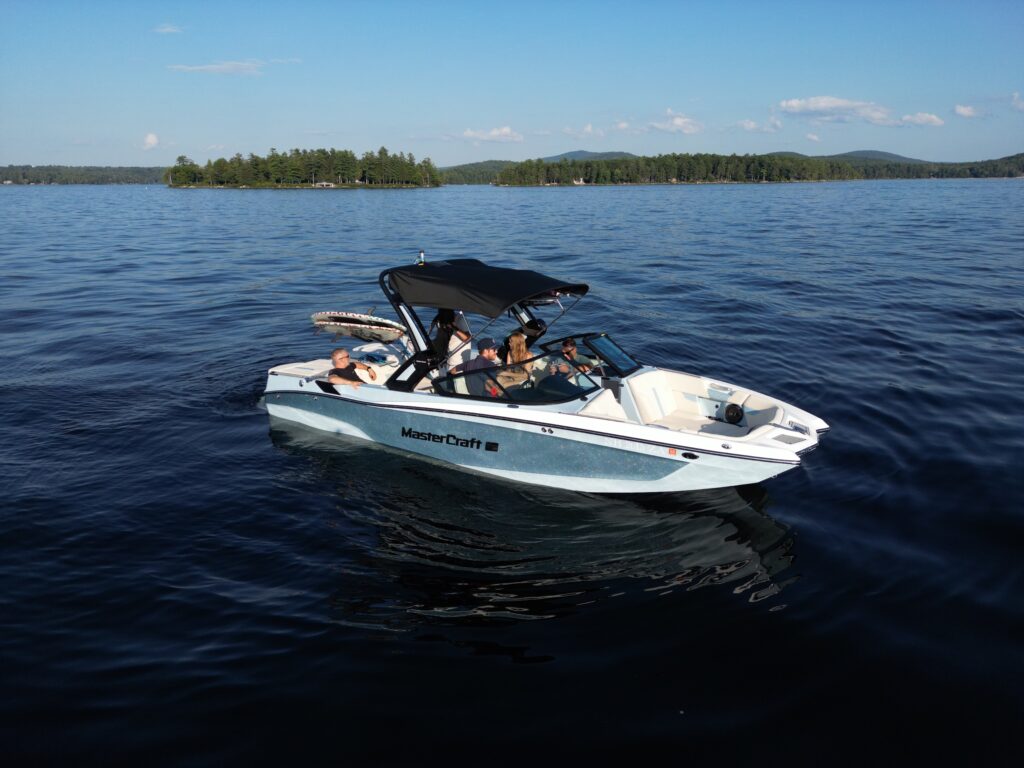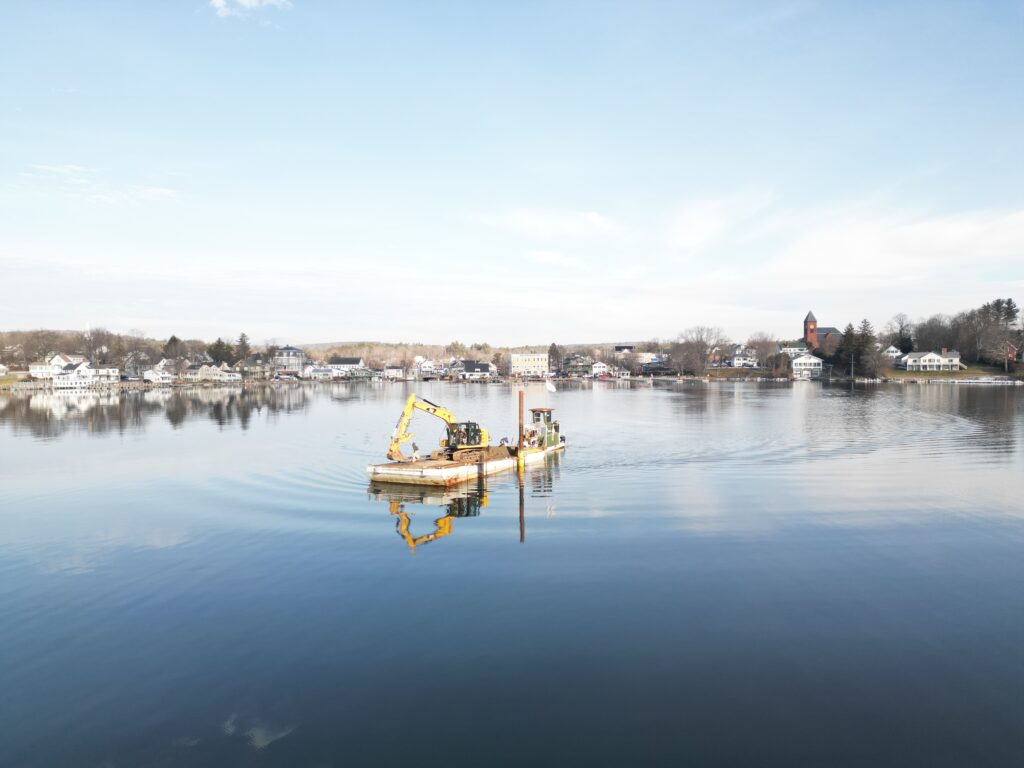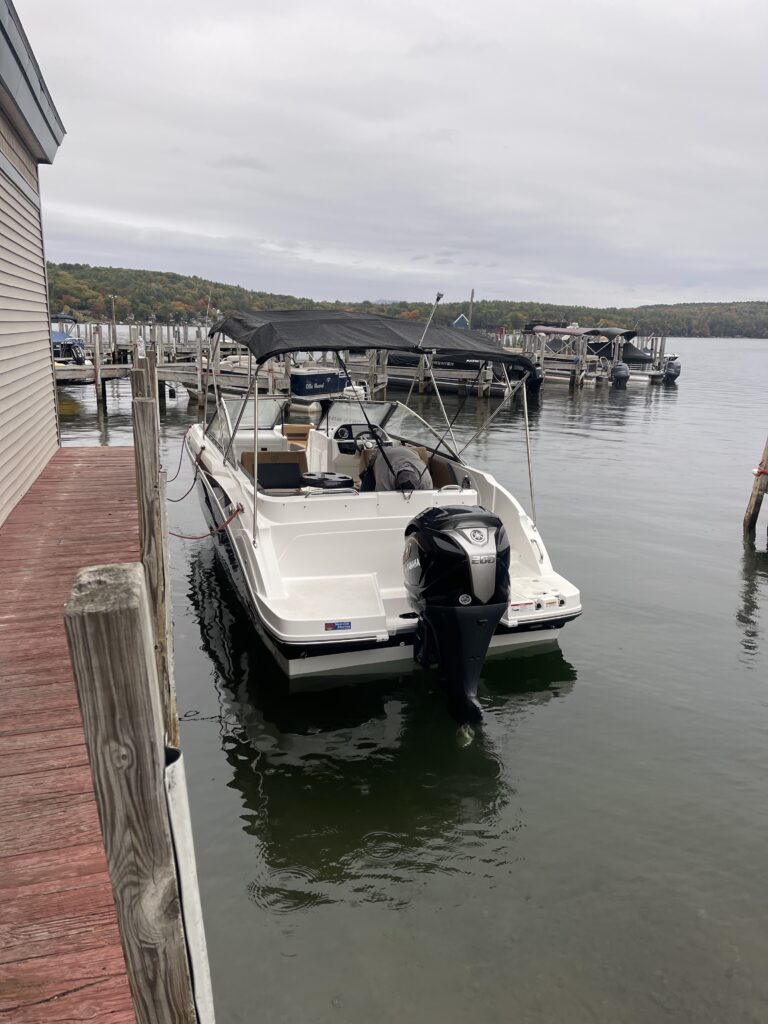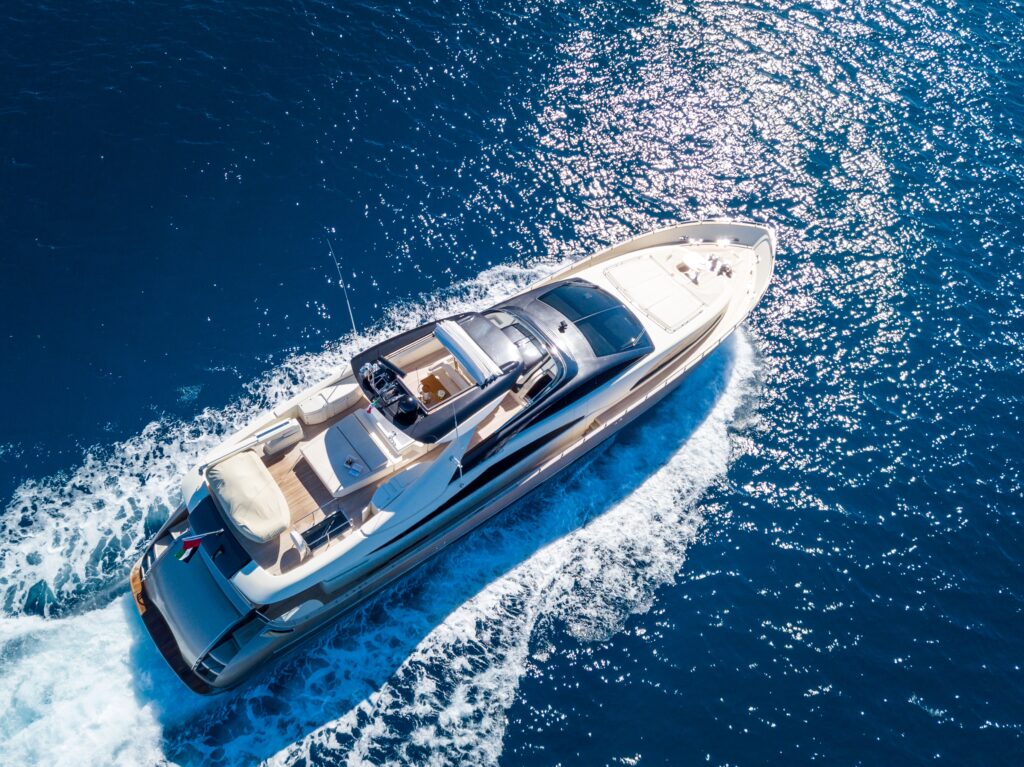Boating is an enjoyable and rewarding activity that allows people to explore lakes, rivers, oceans, and other waterways. Whether you’re planning to fish, sail, or simply cruise around, operating a boat requires knowledge of navigation, safety protocols, and boat handling. To ensure that you have the skills and understanding necessary to safely operate a boat, obtaining a boating license is often a crucial step.
This article will guide you through the process of getting a boating license, explain the different requirements by region, and discuss why it’s essential for both your safety and the safety of others. Let’s go over how to get a boating license.

What is a Boating License?
A boating license is an official document or certification that permits you to legally operate a motorized boat, yacht, or personal watercraft (PWC). Unlike a driver’s license, which allows you to operate a car, a boating license is specifically for water vessels. The requirements for obtaining a boating license vary by state, country, and type of vessel, but the process generally involves completing a boating safety course, passing a written test, and paying a licensing fee.
Having a boating license shows that you have the required knowledge and skills to navigate safely, understanding rules of the water, handling emergencies, and maintaining safe practices.

Do You Need a License to Drive a Boat?
Many individuals are unaware of the specific regulations regarding boating licenses. In some places, operating a boat without a license is illegal, while in others, certain boaters may be exempt from this requirement based on age or the type of boat being used.
In our previous article about Do You Need a License to Drive a Boat, we discussed how licensing requirements vary by jurisdiction and boat type. In most U.S. states, for example, operators of powerboats or personal watercraft (like jet skis) are required to have a boating license. However, some states only require licenses for specific boat types or individuals over a certain age. Others offer exemptions for boats that are used on smaller lakes or waterways.
In general, it is highly recommended to obtain a boating license regardless of the specific requirements. Even if it’s not mandatory, it is beneficial for ensuring safety on the water. Properly educated boaters are more likely to avoid accidents, respond correctly in emergencies, and understand the critical rules governing waterways.

Why Is a Boating License Important?
While it might be tempting to skip the process of getting a boating license, there are compelling reasons why it’s essential to have one. Boating can be dangerous without the necessary knowledge and skills. According to the U.S. Coast Guard, a significant percentage of boating accidents are caused by operator error, many of which could be prevented by proper education.
Promotes Safe Boating Practices
The most obvious reason to get a boating license is safety. Operating a boat requires more than just steering and controlling the throttle. It involves understanding how to navigate waterways, following rules of the road, operating equipment, managing emergencies, and being aware of environmental conditions. A boating safety course teaches these skills, significantly reducing the chances of accidents.
By getting a boating license, you’ll learn the proper procedures for:
- Boating regulations, such as speed limits, no-wake zones, and areas where boats are not allowed.
- Navigation rules for safe passing, signaling, and understanding markers and buoys.
- Weather patterns and how to predict adverse conditions.
- Emergency response, such as what to do if a boat capsizes or how to handle onboard medical emergencies.
Protects You from Legal Trouble
Many states and countries require a boating license, and failure to obtain one can result in fines or penalties. In some jurisdictions, boaters may face fines for operating a boat without a license, especially if it’s required by law. In addition, some insurance companies may refuse to cover boat accidents if the operator does not have the proper certification.
By obtaining a boating license, you protect yourself from the risk of legal consequences. You can also make sure that you’re in compliance with local regulations, which can vary depending on where you plan to boat.
Increases Insurance Coverage Options
Insurance providers may require proof of boating education before they issue a policy for your boat. Without a license, securing insurance for your boat could become more expensive or even impossible. With a valid boating license, insurers may offer better rates or more comprehensive coverage options.
Insurance for boaters often includes liability coverage, protection against accidents, property damage, and even coverage for damages caused by natural disasters. Having a boating license demonstrates responsibility and can help reduce the risk to insurers, leading to more favorable coverage options and rates.
Helps You Understand Environmental Impacts
Many boating courses not only teach how to operate a boat but also cover environmental issues, such as preventing oil spills, respecting wildlife, and maintaining clean waterways. A boating license will teach you how to reduce your environmental footprint while boating, ensuring that you do your part in preserving the waters you enjoy.
Learning about boating ethics and environmental regulations can help you avoid pollution, respect wildlife, and prevent the spread of invasive species, all of which contribute to safer and more sustainable water environments.

How to Get a Boating License
The process for obtaining a boating license generally involves taking a boating safety course and passing a test to demonstrate your knowledge of the material. Below is a general overview of the steps required.
Step 1: Research Local Requirements
Before you begin the process of obtaining your boating license, it’s important to research the specific regulations in your state or country. Some regions have strict requirements, while others may have more relaxed rules. In the U.S., boating license requirements vary by state, and different states may issue different certifications for operators of powerboats, personal watercraft, and sailboats.
For example, in Florida, individuals who operate a motorized boat with a horsepower greater than 10 must have a boating license. Meanwhile, in California, boaters must complete a boating safety course by 2025 to legally operate a motorized vessel. Checking local laws is essential to ensure that you understand the exact requirements for obtaining your license.
Step 2: Complete a Boating Safety Course
In most cases, the next step to obtaining your boating license is to complete an accredited boating safety course. These courses are typically offered in person or online, and they cover the essential boating safety topics mentioned earlier. You can find certified boating safety courses through local agencies, marinas, or online platforms that offer courses designed for your state’s requirements.
The course will typically cover:
- Safe boat operation techniques
- How to navigate in various weather conditions
- Emergency preparedness and protocols
- Legal regulations and boating etiquette
- Environmental awareness and conservation
Step 3: Take the Boating Exam
Once you complete your boating safety course, you will need to take a written exam. This test will assess your knowledge of the topics covered in the course, such as boat operation, safety regulations, and emergency procedures. The exam may be taken online or at a local testing center, depending on your state or country.
In some places, the test is administered at the end of the course, while in others, you may need to schedule it separately. The passing score varies by region, but it’s typically between 70% and 80%.
Step 4: Submit Application and Pay Fees
Once you pass the exam, you can apply for your boating license. You will typically need to submit your course completion certificate and proof of passing the exam. There is usually a fee to process your application, which can range from $20 to $50, depending on your state.
After submitting the necessary paperwork and paying the fee, you’ll receive your boating license or certificate. Some states issue physical cards, while others may offer digital versions that you can store on your phone.
Step 5: Renew as Needed
Boating licenses often have an expiration date, so it’s important to renew your license when necessary. Some regions require boaters to renew their license every 3 to 5 years, while others may require ongoing education or refresher courses to maintain certification.

Conclusion
Obtaining a boating license is an important step for anyone looking to operate a boat safely and legally. Not only does it provide you with the knowledge and skills to navigate the waters responsibly, but it also ensures compliance with legal regulations and helps protect the environment. A boating license increases your insurance options and reduces the risk of accidents, which ultimately keeps you, your passengers, and other boaters safe.
Whether you’re planning a weekend getaway or entering the world of competitive sailing, getting your boating license is a smart investment. If you’re financing a boat purchase, remember that Float Finance offers competitive boat loans with a warranty for the first year of the loan term. With the right financial backing and a valid boating license, you can enjoy your time on the water with peace of mind, knowing that you’re both legally and safely prepared. We hope this helps you understand how to get a boating license.
